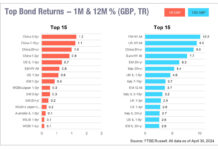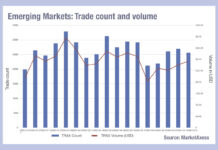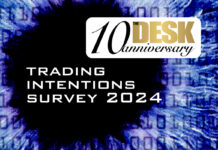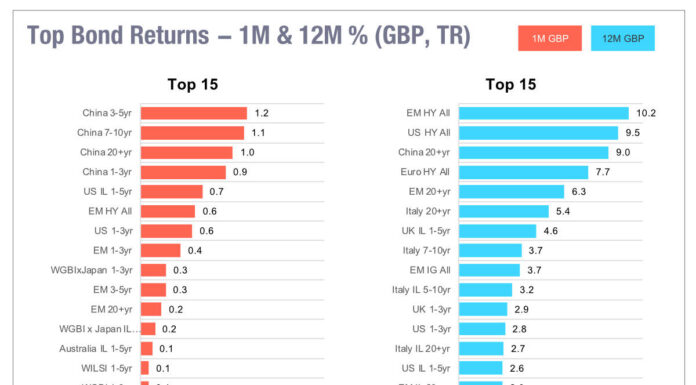The chief investment officer (CIO) of asset manager Federated Hermes investments (FHI), which has US$758 billion in assets under management, has said the firm finds limited value in electronic trading platforms, although asserting they are useful to smaller firms, while speaking to analysts on the firm’s Q1 earnings call.
Ken Worthington, analyst at JP Morgan, asked Christopher Donahue, president and chief executive officer at Federated Hermes, about the portion of money market fund sales that come through money market platforms, such as ICD recently acquired by multi-asset market operator Tradeweb, and Cachematrix, bought by BlackRock.
“I don’t know what our percentage of assets coming through portals is,” he said. “But just about every one of the clients on the institutional side that are corporate are using various portals. And I don’t have more information on how we break down. As you know, we break our information done by institutional and quote, retail, which is basically a broker-dealer.”
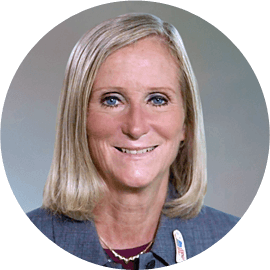
Deborah Cunningham, CIO at Federated Hermes added, “On the platform side, from a trading perspective, for instance, with Tradeweb, which was the beginning part of your question, we have very little, less than 5% in what we do on those types of platforms. We are much more of a voice-to-voice type of trading firm.”
She asserted that execution quality via voice trading could offer greater advantages for certain investment firms, dependent on the outcome being looked for.
“We feel like we get better execution,” she said. “We feel like we’re better received from a content and expectation standpoint, and this kind of endures us a little bit more when there are special things that come to the market. We feel like that helps us from a positioning perspective to be able to be part of those more esoteric types of products that come to the market.”
However, she conceded that for many buy-side firms trading via electronic market operators was far more common.
“That is not the market norm,” she continued. “I’d say the market norm is probably over 50%, but it’s mostly indicative of smaller players, not the larger players. I think most larger players like to have the relationship and the voice-to-voice contact that is the way that we operate our trading business from an FHI standpoint. As far as the portal distribution for our money market funds, we are on basically all the portals that are out there. So to the extent that the portals continue and maybe consolidate to some degree from an ownership perspective, we’re not looking at that as problematic.”
©Markets Media Europe 2024
